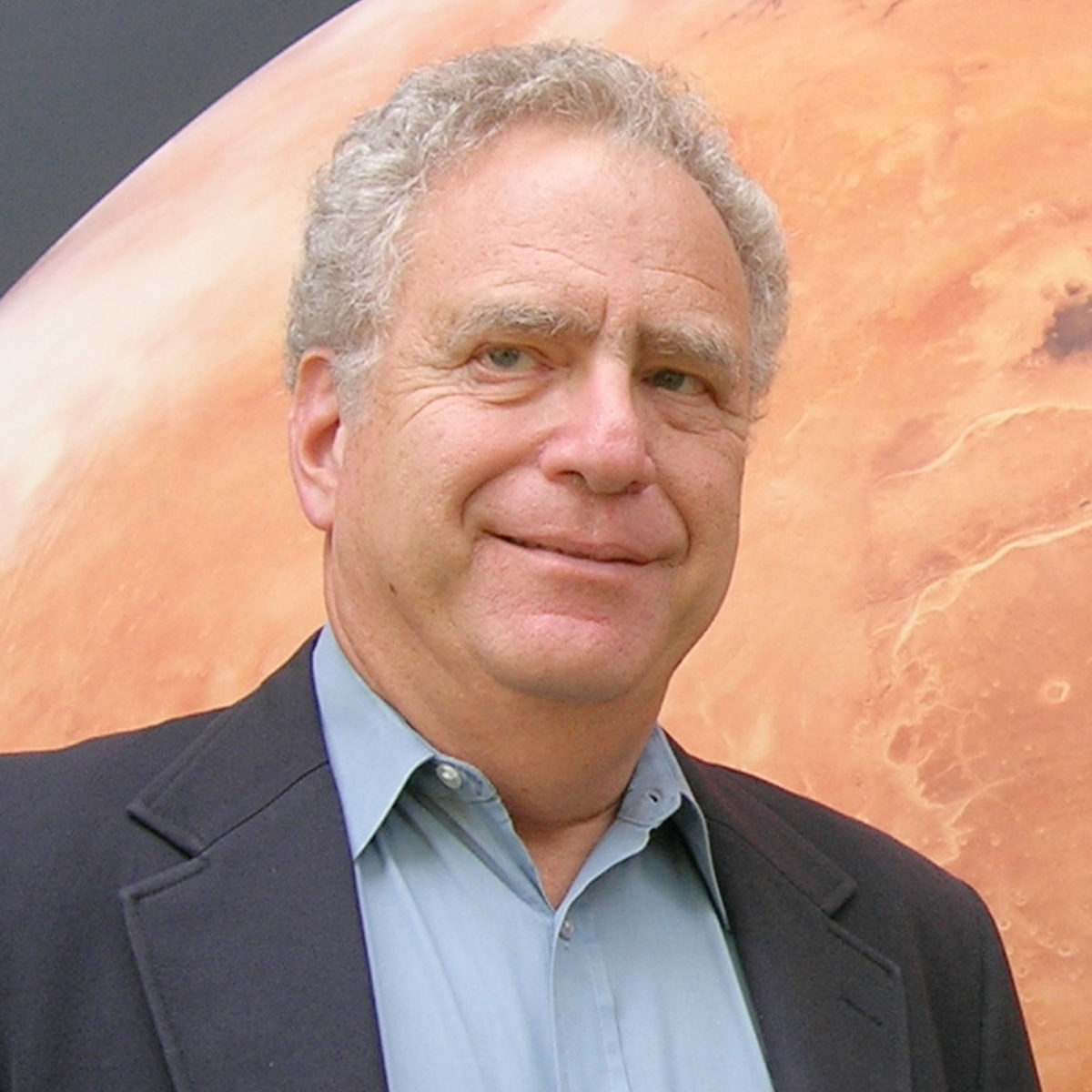Planetary Radio • Sep 24, 2013
Can We Touch the Stars? Lou Friedman at the 100-Year Starship Symposium
On This Episode

Louis D. Friedman
Co-Founder and Executive Director Emeritus for The Planetary Society
Only days after Voyager 1 reached interstellar space, forward thinkers met in Houston, Texas to consider how humans can become a starfaring species. Planetary Society Emeritus Executive Director Lou Friedman reports from the meeting. Emily Lakdawalla bids a fond farewell to Deep Impact. Bill Nye takes a break from Dancing With the Stars to comment on a Space News op-ed. Five contestants have won our latest contest from outer space, and their prizes include swag from the new film, “Gravity.” You can throw your space helmet in the ring on What’s Up.
Related Links
- 100 Year Starship
- Southern California Public Radio NEXT Webcast--Gregory Benford on Starships
- BLOG: Deep Impact Mission is Officially Over
- Jim Cantrell Space News Op-Ed: End of WWII Model Shakes Up Aerospace Industry
Trivia Contest
This week's prize package is swag from the new movie, "Gravity!"
This week's question:
What is the name of the location where MER Opportunity will spend the next Martian winter?
To submit your answer:
Complete the contest entry form at http:planetary.org/radiocontest or write to us at [email protected] no later than Monday, September 30rd, at 2pm Pacific Time. Be sure to include your name, mailing address and shirt size.
Last week's question:
What happened to Mariner 3? (What went wrong with Mariner 3 that had to be corrected for Mariner 4?
Answer:
The answer will be revealed next week.
Question from the week before:
Give us an analogy for the surface area of the moon! Amuse or enlighten us. Example: X football fields.
Answer:
Our five winners:
Ian Kluft: Roughly equivalent to the area of the United States, Mexico, Canada, Greenland and the Arctic Ocean combined
Linda Tullberg: More than 124 quadrillion Lego Bricks
Craig Hutchinson: 4.8 quadrillion Moon Pies
Greg McCarron: Almost 74 trillion Planetary Radio t-shirts
Ken Smith: 632.2 trillion human "moons"


 Explore Worlds
Explore Worlds Find Life
Find Life Defend Earth
Defend Earth

